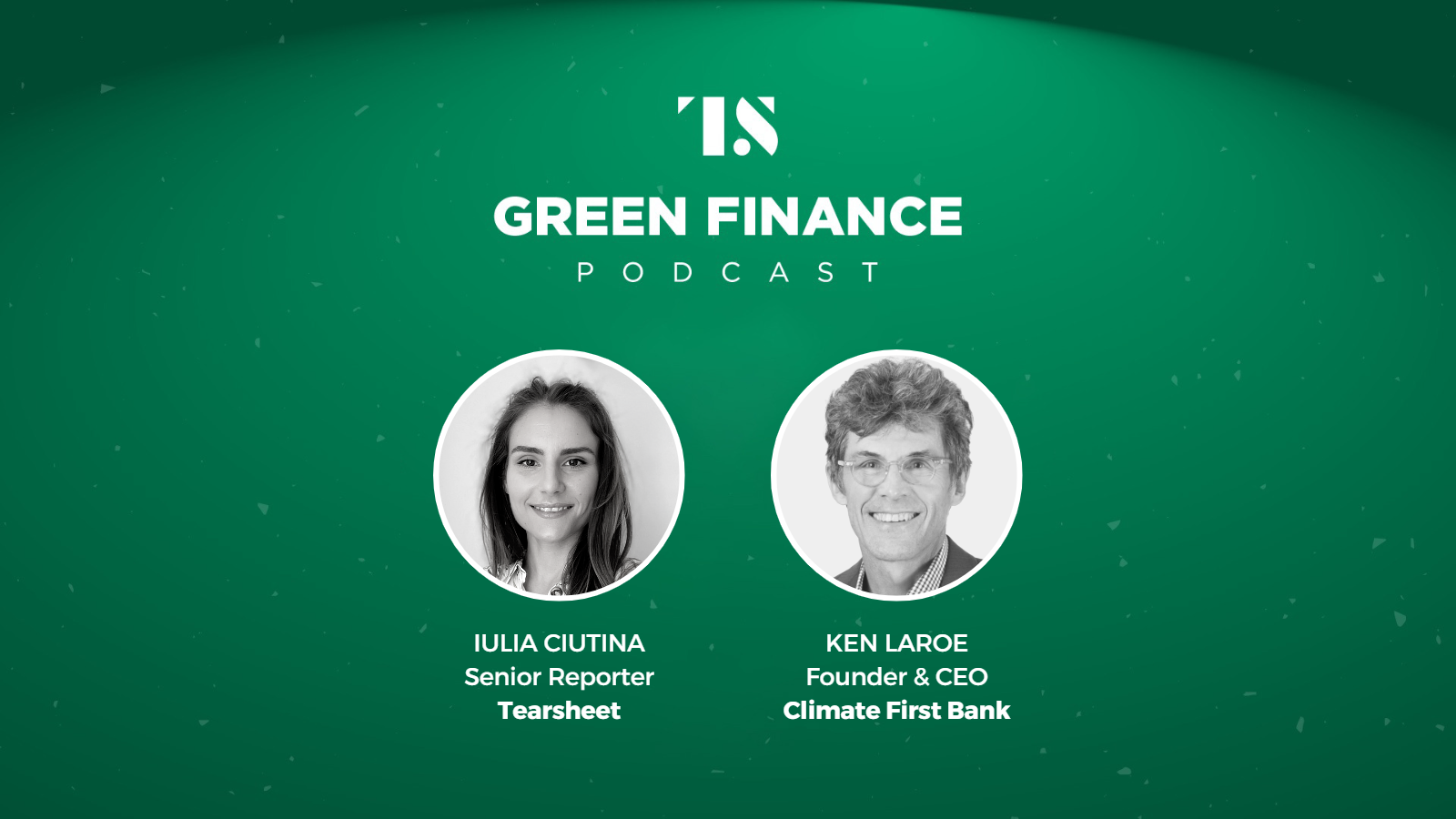The Green Finance Podcast
The Green Finance Podcast: Running a bank with climate change at its core, with Climate First Bank CEO Ken LaRoe
- I'm super excited to introduce Ken LaRoe, founder and CEO of Climate First Bank. Ken is not only an inspiring leader and a big climate advocate, but also a veteran banker, having started three banks in one lifetime.
- Climate First Bank is based in Florida, a state destined to be the epicenter of climate change-induced effects. They really want to set an example for other banks, especially when it comes to emissions reporting.





